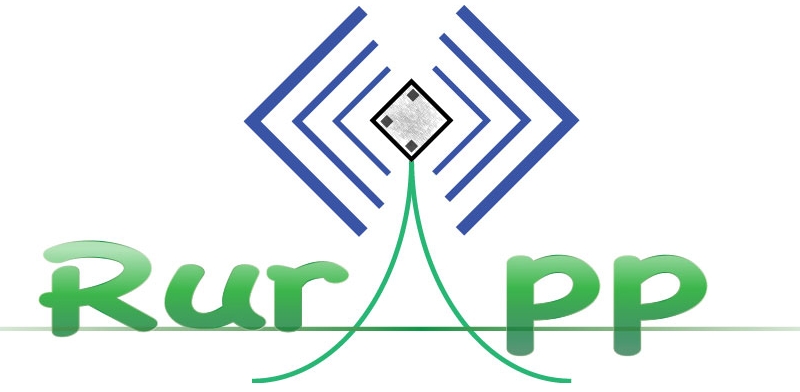Produce track back or trceability always becomes big news when food safety scares emerge. Over the weekend, Australian and now worldwide news is reporting a frozen berry recall for a nationally distributed brand. Berries are popular in Australia where the #eathealthy trend is strong. The Nanna’s brand of frozen mixedberries is distributed in leading Australian supermarket chains Woolworths and Coles. In this situation it appears farmers in both China and Chile will be affected as the awareness of the issue is widespread. Farmers, consumers and manufacturers require faster installation of farm track back traceability to dramatically improve quality & food safety standards.
Nanna's frozen berries recalled over Hepatitis A link AND listeria found in Vic hospital dessert: http://t.co/fbqI9yagFU via @theage
— julia medew (@juliamedew) February 14, 2015
According to the media;
Health officials confirmed three cases of hepatitis A linked to the product in Victoria and two in New South Wales. Patties Foods advises the voluntary recall is in the interests of consumer safety and that the health and wellbeing of consumers is paramountThe berries came from China and Chile and were packed at Patties Foods, which is based at Bairnsdale.
RurApp clean tech allows for farms, processord and brands to offer value chain traceability. Extensive source produce track back information is increasingly a regulatory and industry requirement. Furthermore, according to various studies around the world there is widespread consumer support for farm to fork traceability. According to SBS News reports the Frozen berries linked to the infections. were grown in Chile, packaged in China, and distributed by Victorian based company Patties Foods. The University of Melbourne’s microbiology expert Mr Ajlouni says Poor hygiene in a Chinese factory is likely the cause of contamination,
As the food hygeine safety event unfolds in Australia, everyone is pointing fingers. A contamination in frozen berries imported from China raises questions about issues of food security, trade, regulation and vaccination.The Australian Prime Minister Tony Abbott has acknowledged whilst Food Safety and Quarantine is a Government responsibility, the actual companies have no excuse when it comes to ensuring the consumers do not get sick.
As the news of the frozen berry recall is spread to other audiences worldwide, this forzen berrie scare will be added to a long list of similar incidents during recent years. There is no doubt the world will be seeing a myriad of news & views into food safety issues in the global news once again.
Victorian Farmers Federation president Peter Tuohey said Australian food producers had to meet strict growing, handling and quality assurance standards often not in place in countries behind imported foods. In the case of bulk food importa, it has become clear that 95% of produce goes unchecked. The fact that brands know that such a low percentile of food is checked for hygeine and other contaminations is no comfort to consumers whom, more than ever want to know the source of food.
The result of the frozen berrie recall and Hepititas A health scare is that Austraian rural farmer produce should boom Mr Tuohey has been quoted by ABC news as saying;
“Our view would be to buy Australian grown and you’re going to going to eat a safer, better quality product than importet. But quite often these imported products are packaged in a way that makes them look Australian made.”
The food manufuacturer, Pattie’s Foods who owns Nanna’s Frozen Mixed Berries, is now facing talks of a class action suit seeking compensation. As on Monday 8th June, Eight people had contracted the Hep A virus after eating frozen mixed strawberries, rasberries and blueberries. Cases for the Australian food scare include three diagnosed in Victoria, two in NSW, and the three Queensland cases. More cases are surfacing daily as the the virus has an average incubation period of 28 days but can range from 15 to 50 days.
Depeneding on which journalist is reporting the two primary potential factors to blame for the food recall scare is unclean (reports of sewage) water or unclean hands on the factory floor. The official line from Victorian Government Health Department is:
It is not known at this point how the berries may have been contaminated. Hepatitis A virus can be transmitted through contaminated water or soil or through contact with an infected person.
An interesting question is whether if there is any link between this widely covered USA food berry scare and what is currently happening in Australia.
To read more please see these media links:
http://www.abc.net.au/news/2015-02-14/frozen-berries-recalled-over-hepatitis-a-link/6098432
http://www.sbs.com.au/news/article/2015/02/16/hepatitis-infections-expected-rise


